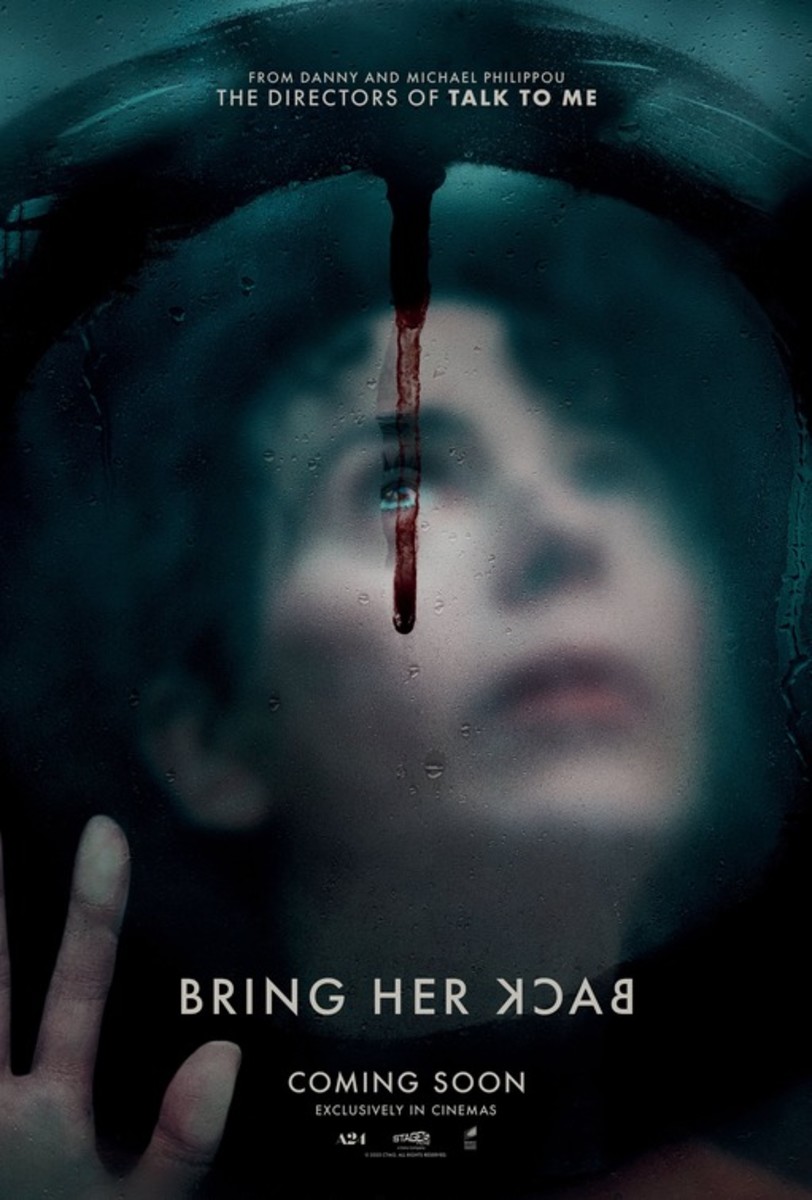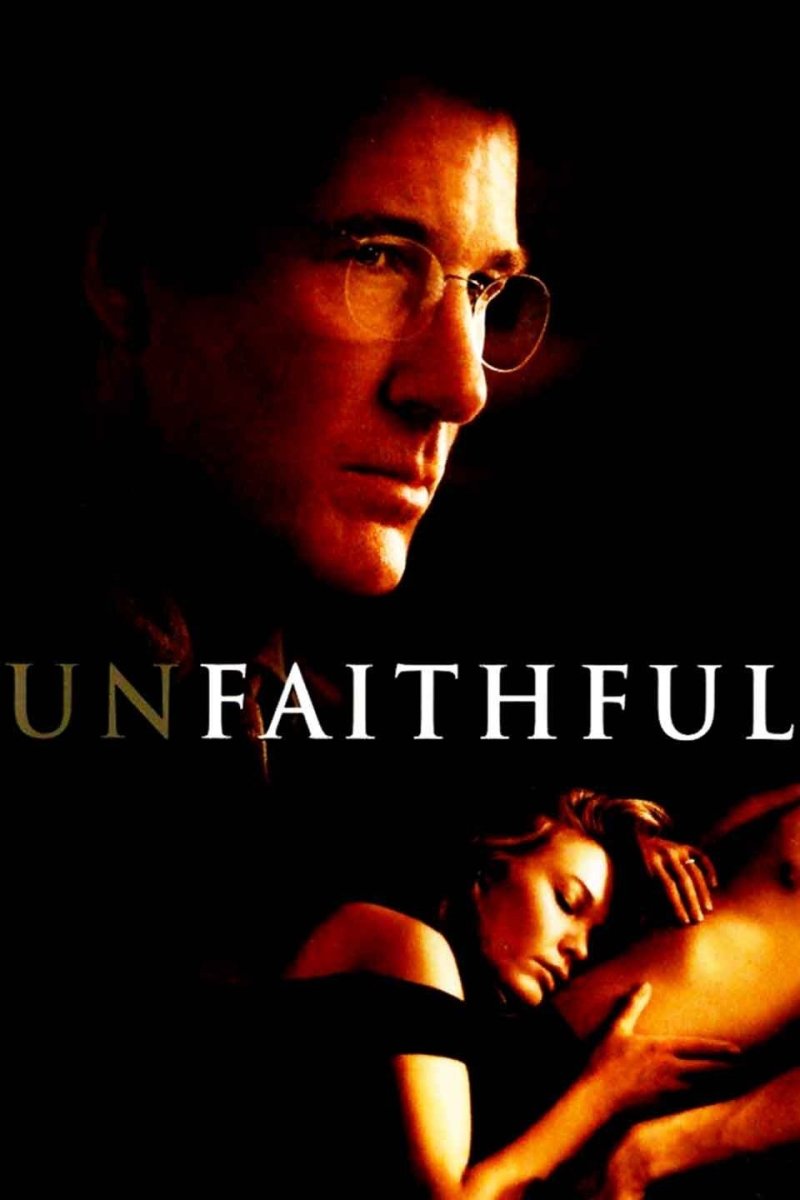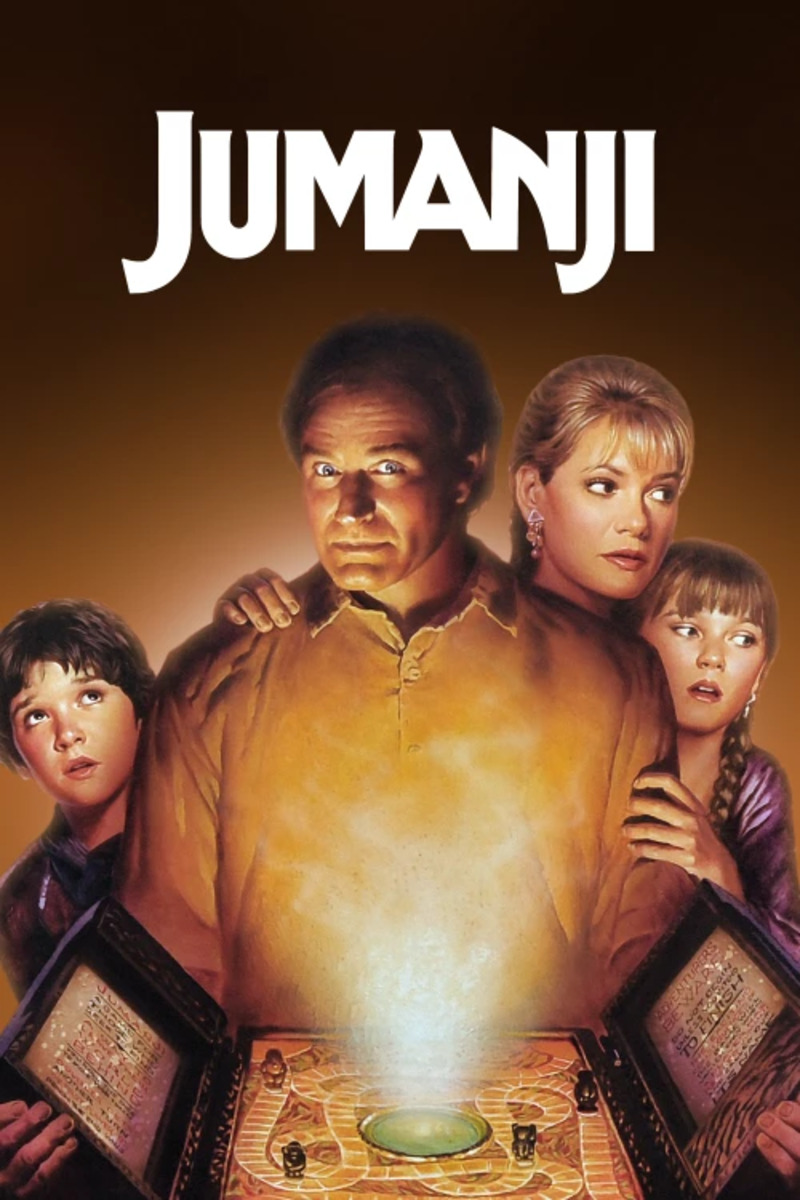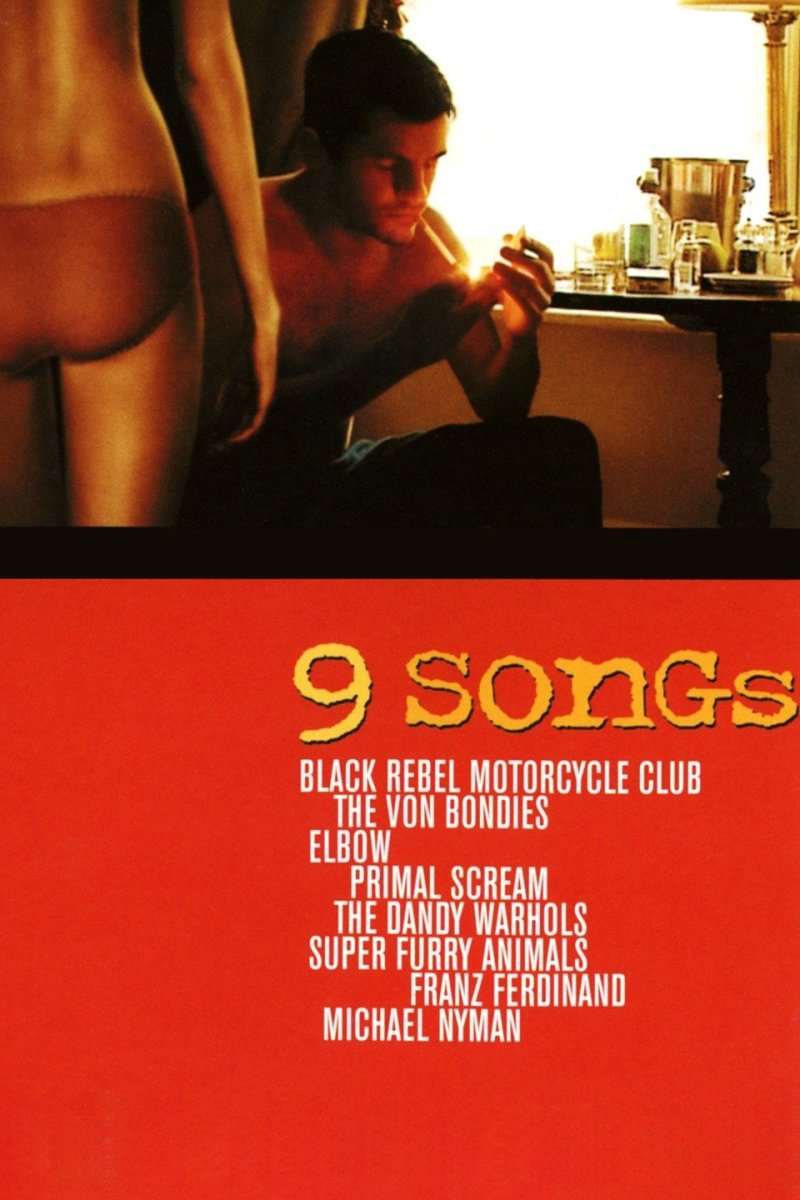Film Review: Dial M For Murder
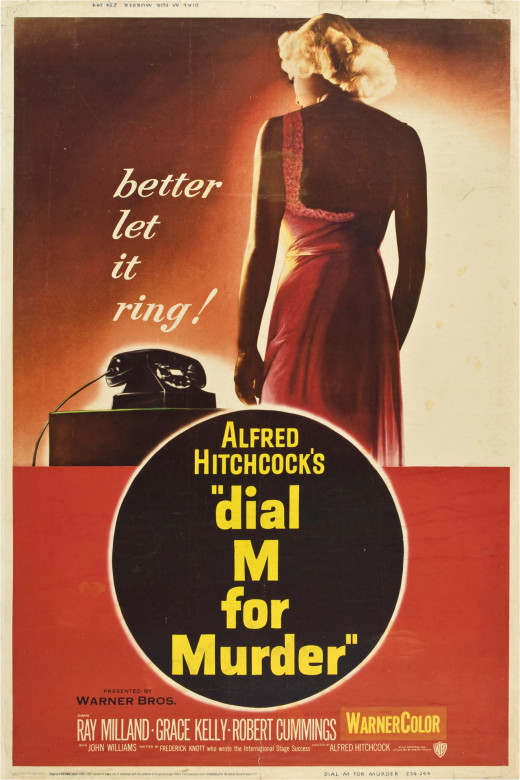
Background
In 1954, Alfred Hitchcock released Dial M for Murder, based off the 1952 stage play of the same name by Frederick Knott. Starring Ray Milland, Grace Kelly, Robert Cummings, John Williams, Anthony Dawson, Leo Britt, Patrick Allen, Robin Hughes, and Martin Milner, the film grossed $6 million at the box office.
Synopsis
Retired tennis player, Tony Wendice discovers that his wife, Margot has been cheating on him with crime author Mark Halliday. If she divorces him, he’d lose her money, so he decides to inherit her will by having her murdered. Tasking a man named Swann to do the deed through blackmail and reward, he creates the perfect plan. However, things soon go wrong.
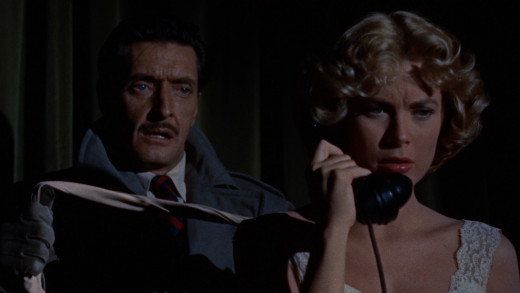
Review
A great and suspenseful film, Dial M for Murder presents audiences with the perfect crime. It's the perfect crime on paper anyway considering how much goes awry. The idea to kill Margot in order to get her inheritance and not have to worry about a cheating wife may seem like an uninspired crime at first. Yet, looking into how Tony goes about making sure the players perform their parts alongside ensuring nothing is left out shows just how much of a perfect crime the scheme is going to be. Tony makes completely sure that, at first, he can’t be traced to anything. He gets Swann’s prints on a blackmail note so he can turn him in as a blackmailer if he refuses to go along with it, then formulates just how the murder is going to go down to the last detail. What’s notable about it is that the plan doesn’t account for human error and Swan is killed by his mark. What happens after just shows how quick on his feet Tony is by immediately calming Margot down and planting evidence to show her killing Swann was malicious to get out of blackmail. The plan and the cleanup of the botched plan make for a great film. This part of the film also presents quite a hilarious moment where Mark tries to convince Tony to save Margot and stick his neck out, claiming that he hired Swann. Not only is it funny to have Mark unknowingly have Tony tell the truth, but also because Tony goes through the exact plan he had, only to tell Mark that it’s completely unbelievable and would never work. It's clever writing, too as Tony would know firsthand that it wouldn’t work because it didn’t the first time.
That's really only half of the story though. What continues to make this a great film is its characters and the acting. Margot is great as someone who’s so turned around by a murder attempt and the subsequent questioning that she gives off the perfect air of confusion. Kelly acts her very well too, making her seem like she really has no clue as to what’s going on and when Tony doesn’t come to her aid and help her out when she can’t get around the questioning, which incriminates her, it actually does become pretty frustrating that she’s going to be tried for a crime committed against her. Further, Kelly’s expression at the ensuing death sentence for the murder is just the perfect amount of shock and disbelief. There’s also Tony. Upon realizing that he’s been cornered into practically confessing that he hired the killer and ensured Margot would be framed for the killer’s death, he tries to escape, but finds that his escape routes have been blocked. When this happens, it’s interesting to see that Tony’s nothing if not willing to accept defeat by giving in and fixing himself a drink. It actually gives a sort of resigned gracefulness to the character in that he knows when he doesn't have any sort of chance and decides to not fight it.
the postings on this site are my own and don't necessarily represent WNI's positions, strategies or opinions.
Awards won
National Board of Review Awards
- Best Actress (Grace Kelly)
- Best Supporting Actor (John Williams)
New York Film Critics Circle Awards
- Best Actress (Grace Kelly)
Nominated for
BAFTA Awards
- Best Foreign Actress (Grace Kelly)
Bambi Awards
- Best Actress - International (Grace Kelly)
Directors Guild of America Awards
- Outstanding Directorial Achievement in Motion Pictures

